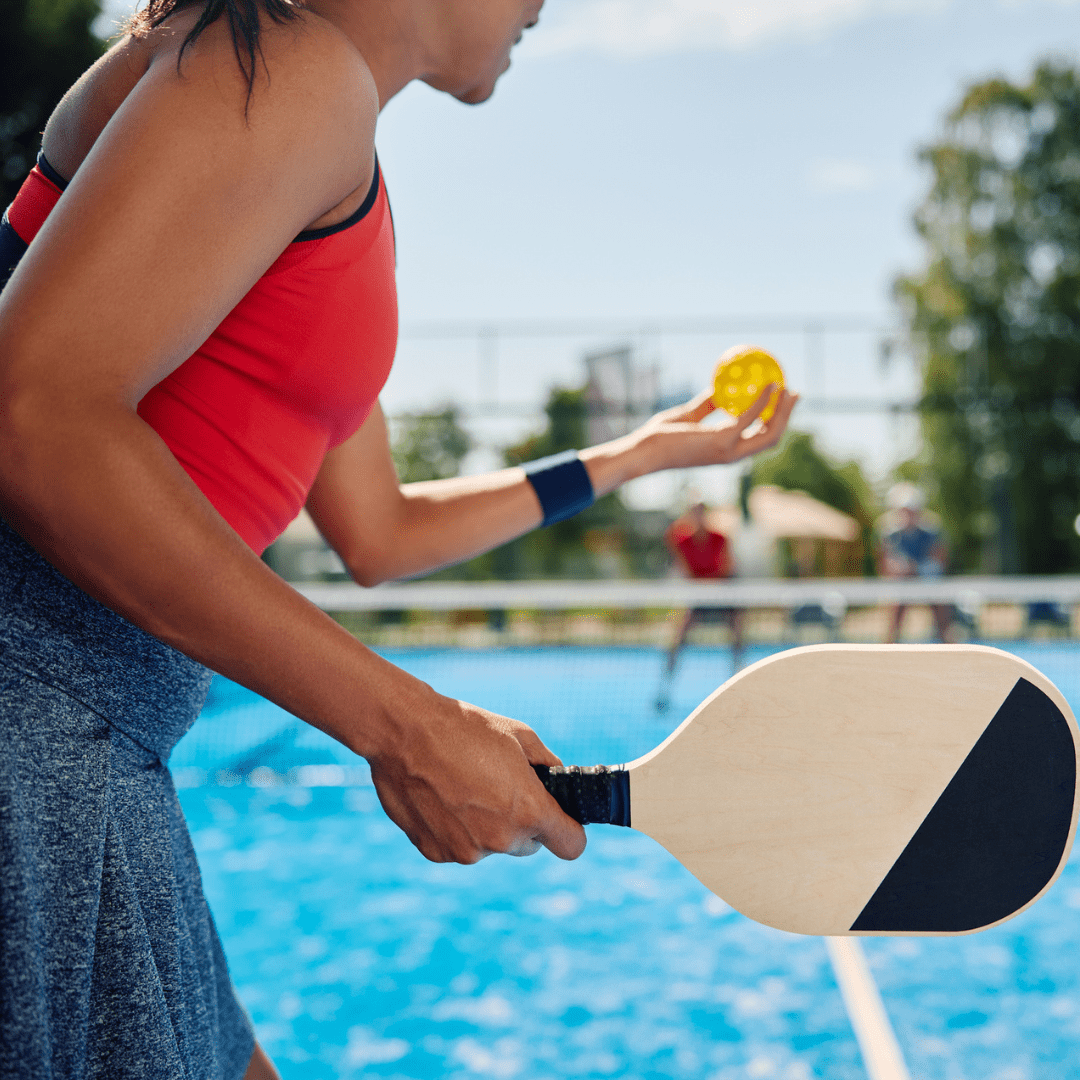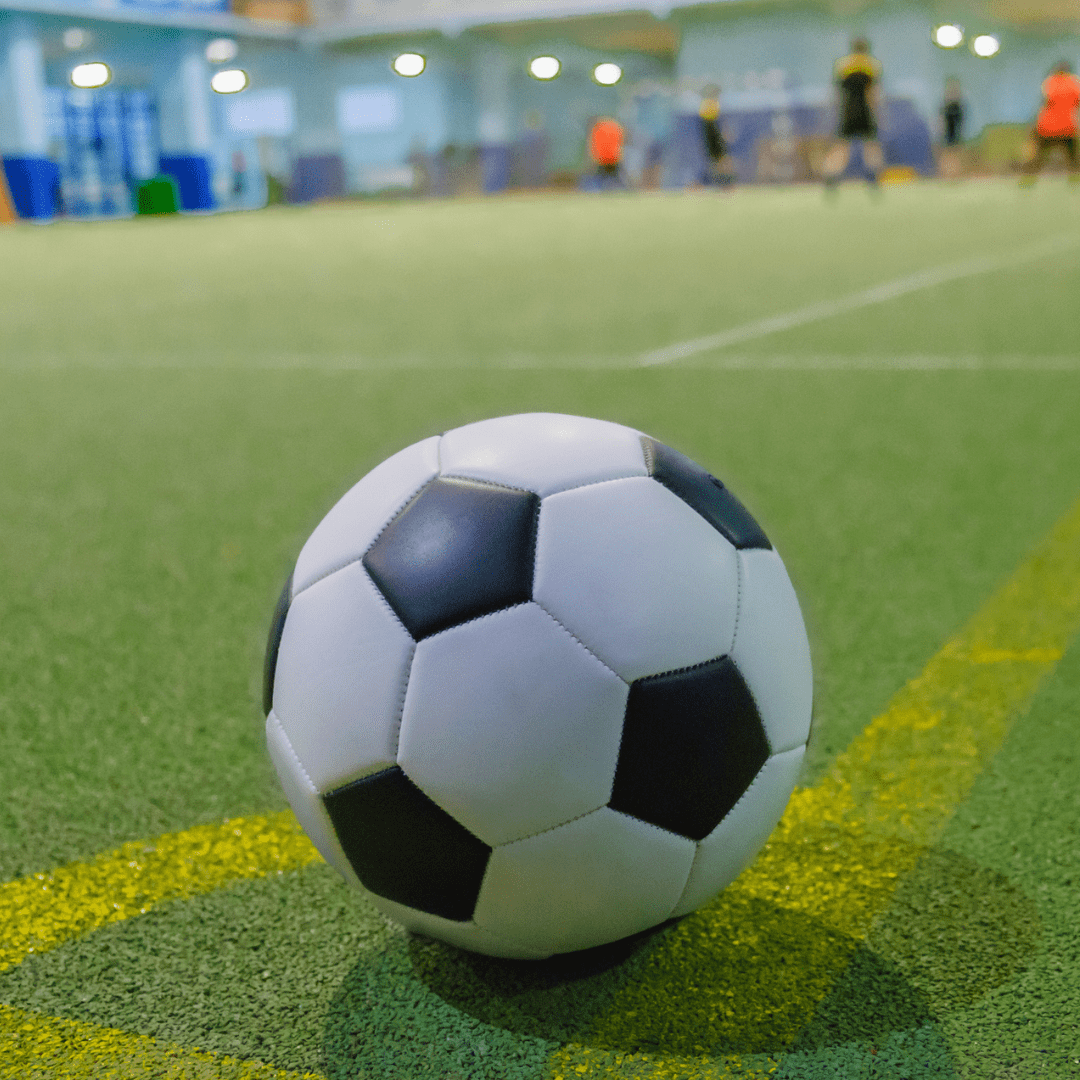
Featured Doctor
William W. Colman, MD
Dr. William W. Colman is a board-certified and fellowship-trained orthopedic knee and shoulder replacement surgeon and sports medicine specialist at Orthopedic Associates of Dutchess County.
View Profile

Seemingly overnight, pickleball has taken the country by storm. As with any other form of exercise, it is important to take it slowly, especially when starting out, and consult your primary care physician. Prioritize your cardiovascular conditioning, especially if you are not used to prolonged physical exertion. It’s important to note that individuals with higher body mass indexes (BMIs) have an increased risk of injury. I recommend listening to your own body. If you start to experience pain, slow down.
If you are new to the sport, it is imperative to build up stamina gradually. Start by playing for shorter periods of time and slowly build up your endurance. Play one day, then take off a few days. If you are feeling okay, play again and slowly decrease the time in between games, while always maintaining recovery time. If you start to feel pain in one specific body part, stop playing immediately. It is never smart to push through the pain; that will only exacerbate a potential issue and possibly make it worse.
I encourage a preventative maintenance plan to promote shoulder health, incorporating stretching, warm-ups, and a rotator cuff strengthening program utilizing tools like Therabands which don’t require weights.
If you are transitioning from tennis to pickleball, remember that each sport hits individual areas of the body very differently. You may have to adjust not only your skills but also your conditioning regimen to keep your body in top shape.
Because of the nature of pickleball, it is easy to forget that it is an exercise and not just a social event. People may be pushing themselves too hard without fully realizing it.
Fortunately, most pickleball-related overuse injuries can be managed non-surgically with treatments such as ice, anti-inflammatory medicine, rest, etc. If you see a specialist early on, most injuries can be treated quickly. Trauma injuries also have to be treated promptly in order to minimize long-term damage. It is important to visit an orthopaedic specialist who has experience treating these types of sports injuries to accurately diagnose and address your conditions.






